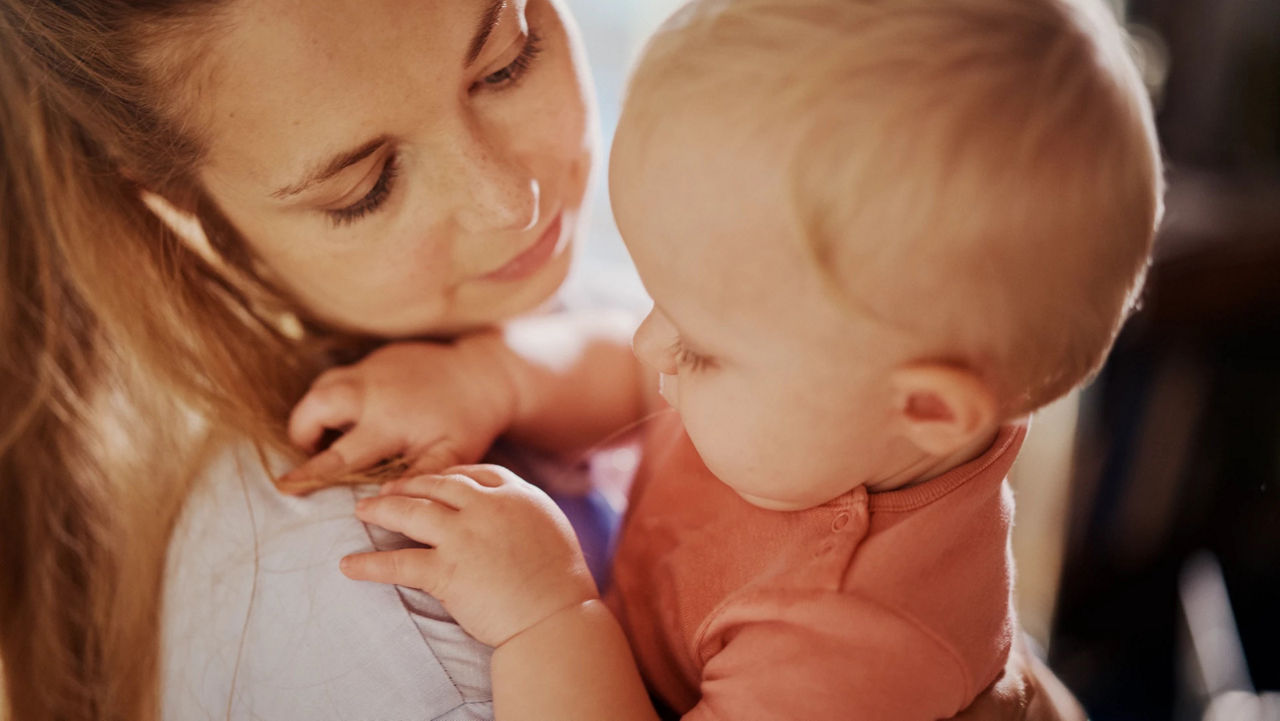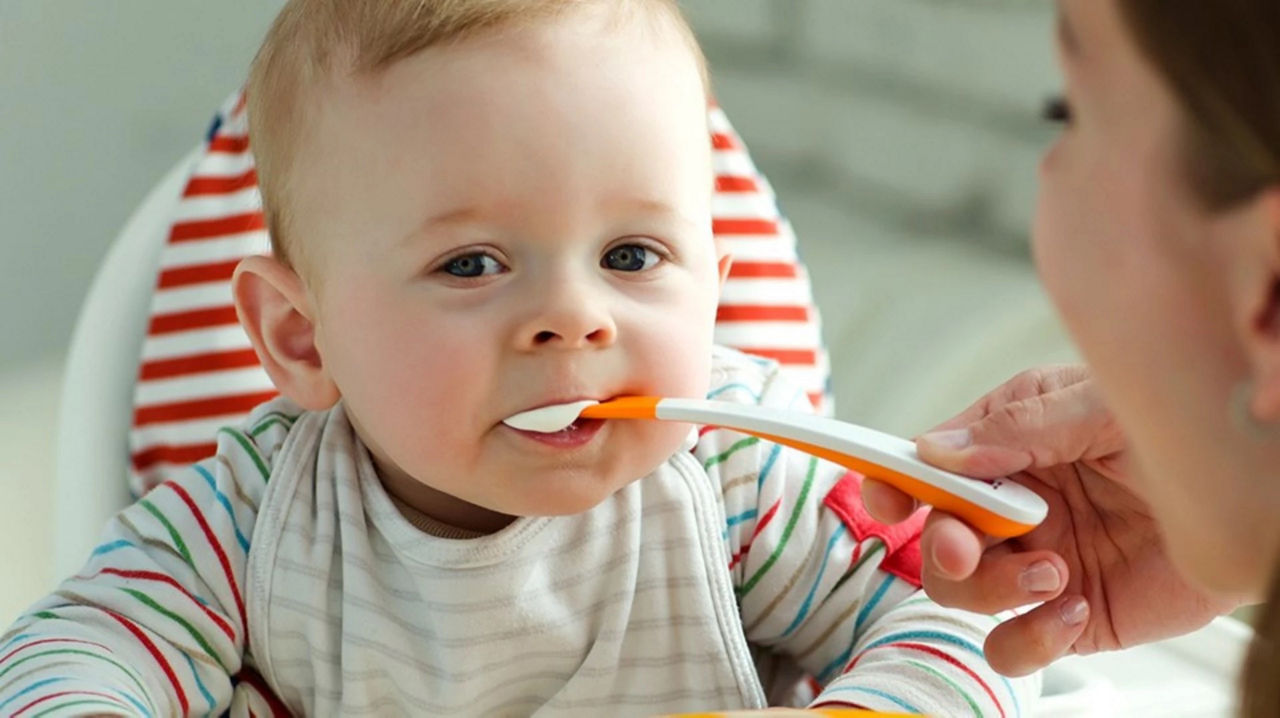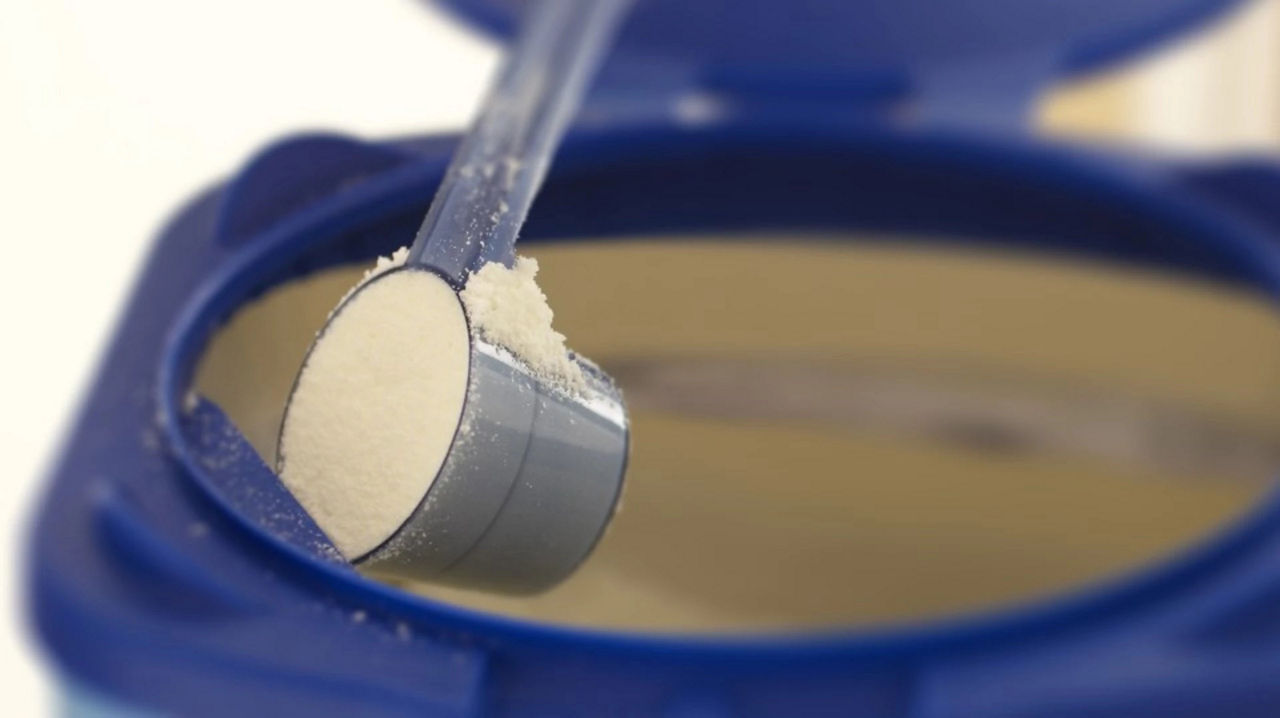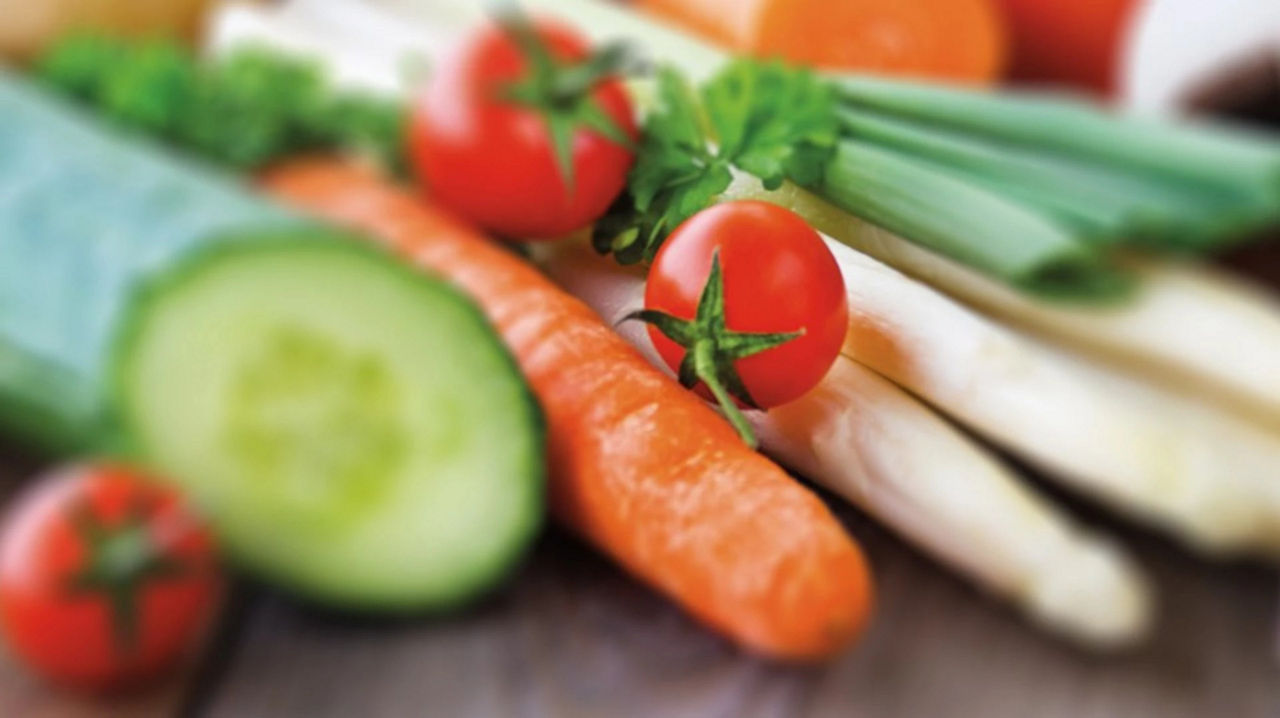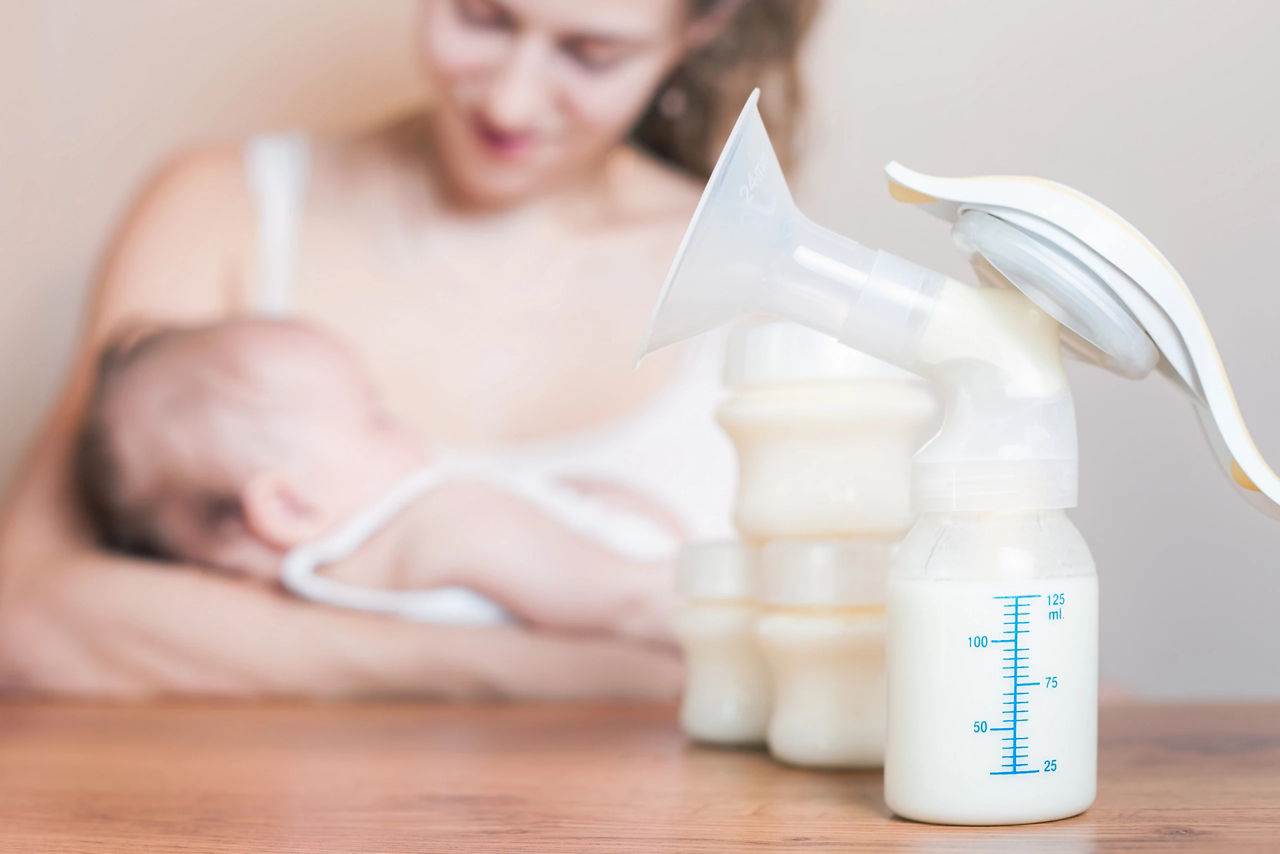Your bright and alert three-month-old baby is becoming more responsive by the day. Their personality is starting to shine through and physical and mental stimulation will help them learn new skills. All this development can lead to an increase in appetite. However, this is not a sign that they are ready to wean.
Your baby’s development at 3 month old
Making moves
Starting to shine, continuing to grow
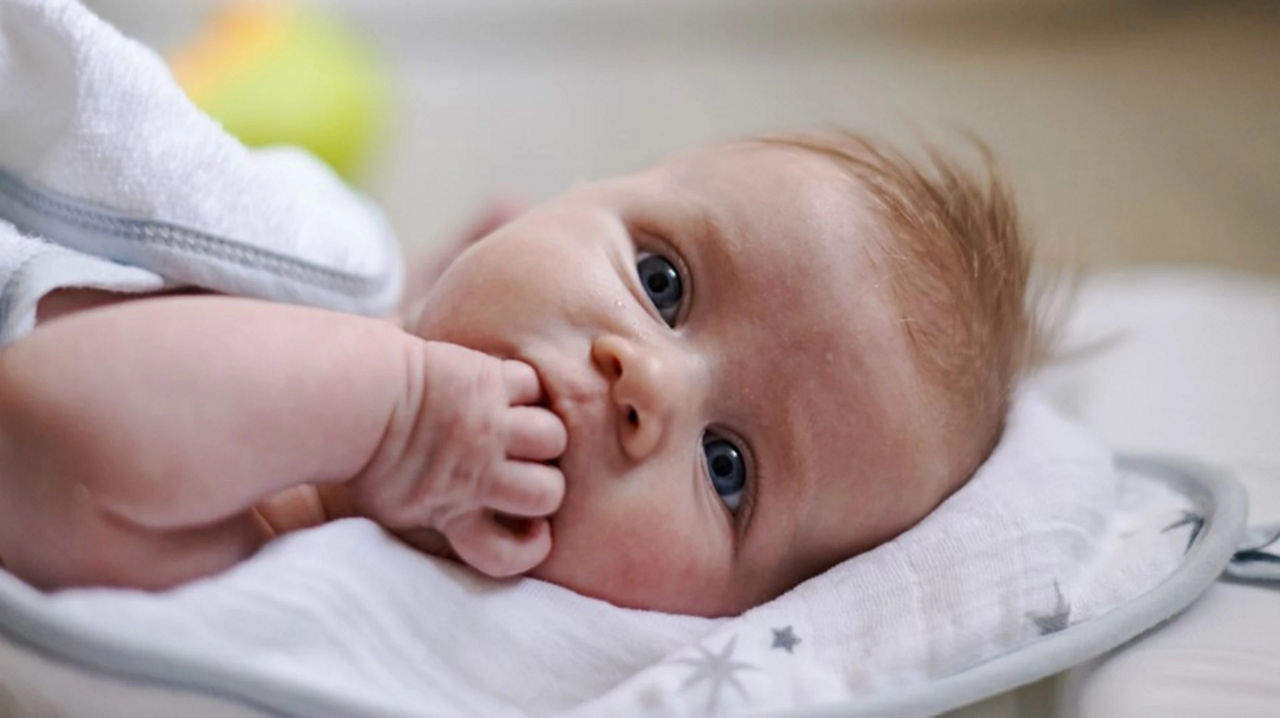
What’s been happening this month?
Your three month-old baby may seem much more attentive now and able to express themselves. Plenty of stimulation will keep their mind and body learning at this stage of their development. By now, your baby may be able to ‘smile talk’, meaning they can start a ‘conversation’ by aiming a broad smile at you and gurgling to catch your attention. At other times they’ll watch your face until you give the first smile and then beam back an enthusiastic response. Their grip is becoming stronger too and you’ll soon be able to tell when they’re excited by their gurgling and arm waving.
Their strengthening muscles
Soon you’ll notice that your baby can support their own head; this is due to muscle development in their neck. They’ll also start to kick their legs vigorously when they’re lying on their tummy. Their hands will still prove an endless source of fascination and they may try to stretch and reach for objects – although they won’t quite be able to grasp them yet.
Stronger muscles make grabbing things much easier.
Your baby’s developing senses
At 3 months old, your baby will be using their increasingly effective senses to explore the world around them. As they gain control of their vision, they may be able to follow objects with their eyes1. Soon they’ll be able to recognise familiar faces, even at a distance. Human faces are one of a baby’s favourite things to look at, especially their parent’s and their own. Install a baby-safe mirror at eye level and see how your baby watches themselves. You may also catch them gazing out of a window or at a picture on the other side of the room. And their developing hearing may mean loud noises now startle them.
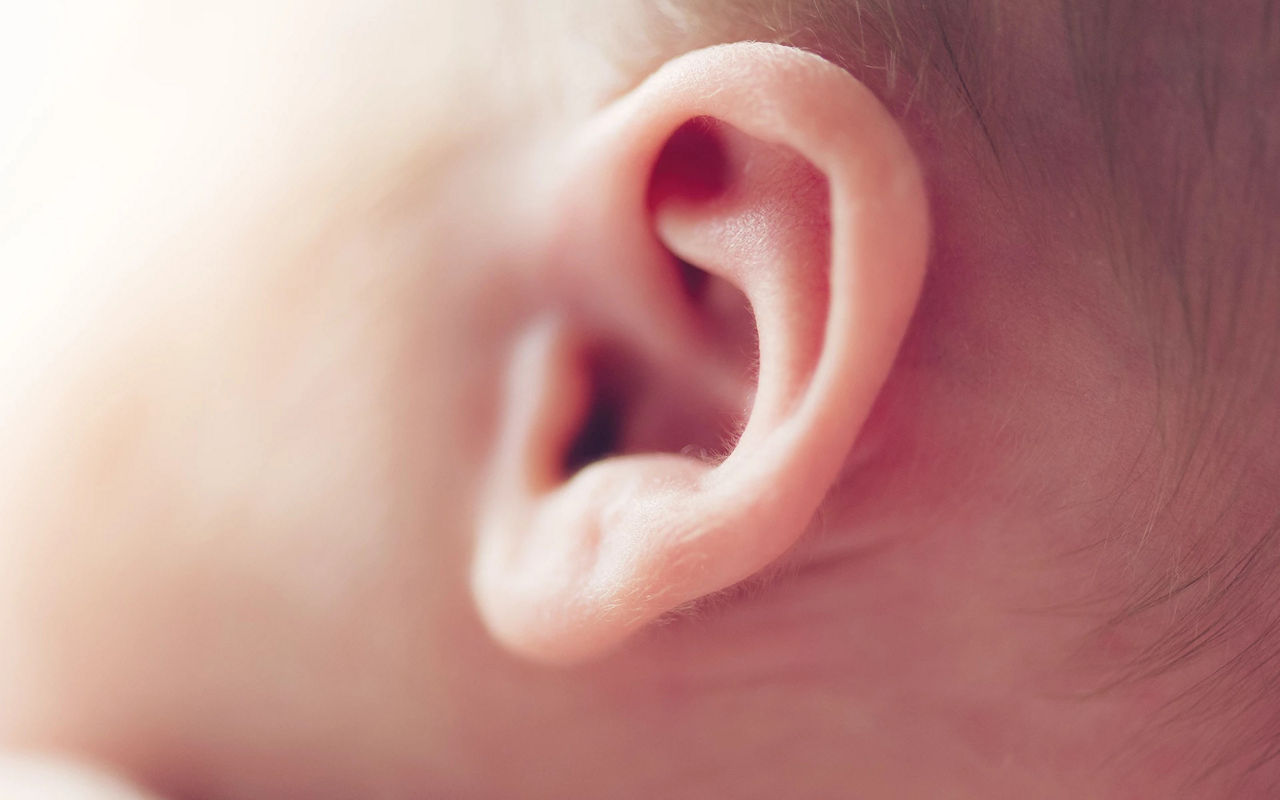 Their developing hearing may mean loud noises startle them
Their developing hearing may mean loud noises startle them
Their body will have completely uncurled, leaving their spine long and straight.
Communication skills at 3 months old
Soon your baby may begin to experiment with sounds, starting with letters like P, B and M, which they can make easily with their lips. It’s because of this that lots of babies learn to say ‘mama’ and ‘papa’ before anything else.
Feeding their development
It’s important that your baby gets all the nutrients they need for their rapid growth and development. The best way to ensure your baby gets enough milk is to respond to their hunger cues. If their appetite suddenly increases, it doesn’t necessarily mean they’re ready to start weaning; they may just be going through a growth spurt.
The Department of Health and the World Health Organisation (WHO) recommend that breast milk should be the sole source of nutrition for the first six months of life and then as a continuing source of nutrition with a mixed diet up to two years of age and beyond2. This is because the digestive system at three months of age is not yet mature enough for solid food – even purées.
The best way to tell if your baby is getting enough milk is to listen to them. If they want to breastfeed more frequently, your body will adapt and produce more milk. For advice on whether your baby is getting enough breast milk, read our article.
Every baby is different. There is no set amount of milk you should be feeding.
Ways to stimulate your baby’s mind and body
An easy way to help increase your baby’s muscle strength is to place a moving or musical mobile above their cot, just beyond reach, so they have to grab at it. This will also improve hand–eye coordination, while registering what is in front of them will stimulate their mind.
related articles
Learn more about your baby

Get in touch with our Careline experts
Our nutritionists and feeding advisors are always on hand to talk about feeding your baby. So if you have a question, just get in touch
- American Optometric Association. Infant vision: Birth to 24 months of age [Online]. Available at: www.aoa.org/patients-and-public/good-vision-throughout-life/childrens-vision/infant-vision-birth-to-24-months-of-age [Accessed April 2014]
- WHO. Breastfeeding [Online]. Available at: www.who.int/topics/breastfeeding/en/ [Accessed April 2014]
Last reviewed: 13th August 2014
Reviewed by Nutricia’s Medical and Scientific Affairs Team


